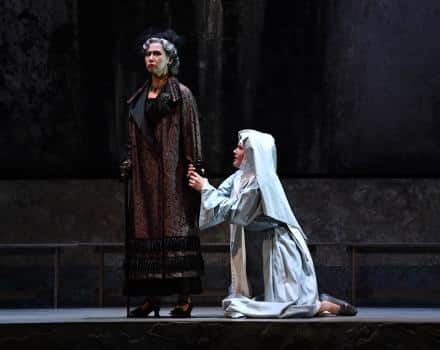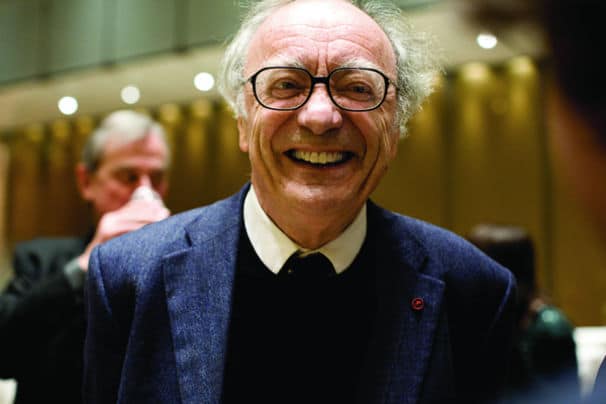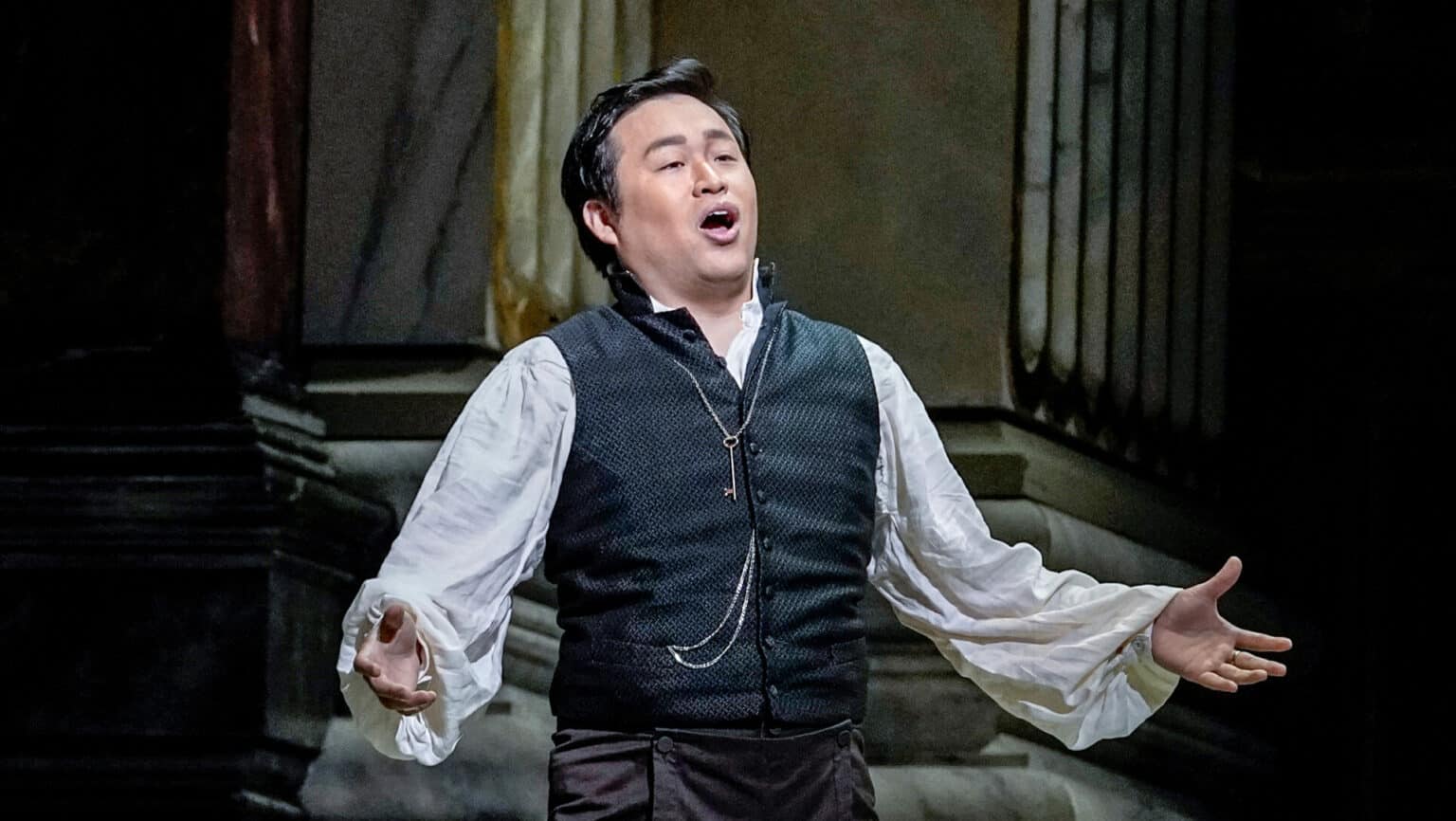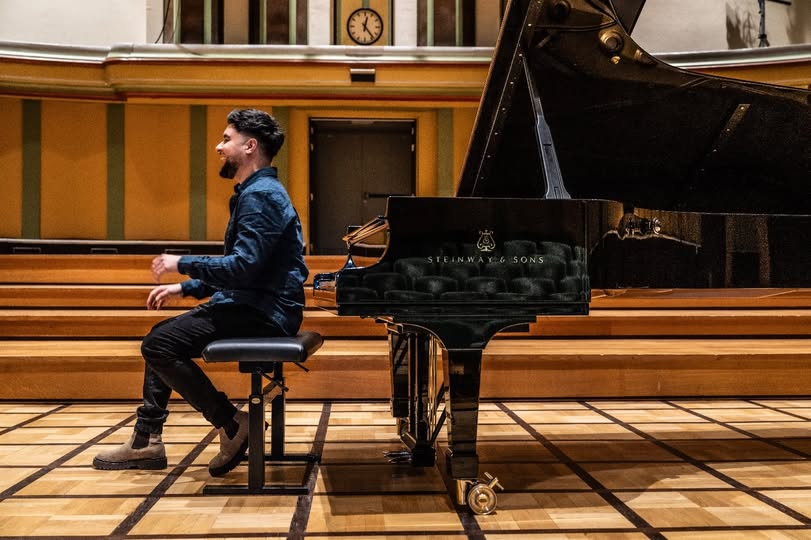Does Puccini go with Ravel? Japan thinks it does
OperaA double bill from OperaVision’s most easterly partner, New National Theatre Tokyo.
Puccini’s Suor Angelica concerns the power of a mother’s love and the devastation of losing a child. The second half of our evening sweeps away all sentimental drama, and there opens the world of a teapot dancing the foxtrot with a Chinese cup, an armchair courting a Louis XV chair, objects and animals joining forces against a naughty child. This is the world of L’Enfant et les sortilèges, the ‘fantaisie lyrique’ by Ravel.
In little under an hour, Puccini’s Suor Angelica demonstrates how music can stir our most profound emotions. A group of nuns discuss their desires, but Sister Angelica claims that she has never truly desired anything. This is a lie, because every single day since arriving at the convent, she has longed for her son, who was taken from her. When her aunt informs her that the little boy died several years ago, Angelica’s world collapses. First performed in New York in 1918, Suor Angelica shows Puccini at ease with the religious music of his ancestors but also in writing music with an electric dramatic charge – such as that of the meeting between Sister Angelica and her glacial aunt.
In 1914, the director of the Paris Opera, Jacques Rouché, commissioned a libretto of L’Enfant et les Sortilèges from the writer Colette, who wrote it in 1916. After numerous exchanges between Colette and Ravel, the project gradually took shape, albeit very slowly. It was not until 1924 that Ravel really began composing the work, completing it only five days before the premiere. This finely orchestrated musical gem shows the composer’s taste for humour, childhood poetry and animals – an affection he shared with Colette, particularly for cats!
Suor Angelica is sung by Chiara Isotton and The Child in L’Enfant et les sortilèges is sung by Chloé Brio. The Tokyo Philharmonic Orchestra is conducted by Ryusuke Numajiri.
The two operas seem to be from two completely different worlds but director Jun Aguni describes them as ‘having common factors, such as insight into human nature and the fact that they make us reflect about our world today. Feel free to interpret them as you wish and enjoy.’
Subtitles in English Japanese, German, Italian and French
Available Friday 15 December 1900 CET, 1800 London, 1300 New York






Suor Angelica was concieved to be followed by a very naturalistic comedy. In many ways the supranatural world of L’enfant is a better fit after the religious ending of Angelica than the antics of Gianni Schicchi!
I seem to remember a double-bill “L’Heure Espagnole – Gianni Schicchi” at the Opéra-Comique, end of the 80s…
Didn’t Sir Peter Ustinov direct a similar double or even triple bill at Covent Garden once?
RWCMD did this combo as a double bill at the Sherman Theatre in 2009- worked rather well I thought. Elon Pritchard played Angelica and a rather fine Chinese mezzo Ting Wang as la principessa.
That was the last opera before Lyn Davies was usurped by Angela Livingstone and the department became rather toxic.
While Ravel is usually viewed as the glinty-eyed precisionist, is there not something deeply sentimental about the whole idea of setting these shared childhood fantasies to such perfect music? Sentiment does not necessarily mean you want to shed tears after all.
And on the other side of the coin, while Puccini grew rich setting sentimentality to music, is there not also something cool and controlled about his mastery of emotional manipulation?
I think pairing these approaches to cold blooded sentimentality makes sense. It’s like jumping into a snowbank after an hour in the sauna. Feels great!
Ravel’s work is anything but sentimental. Under the surface of a quasi-children-story the music expresses deep feeling. The music is entirely mature and profound (the concluding chorus for instance) but projected into a simple, very accessible surface. That is its mastery.